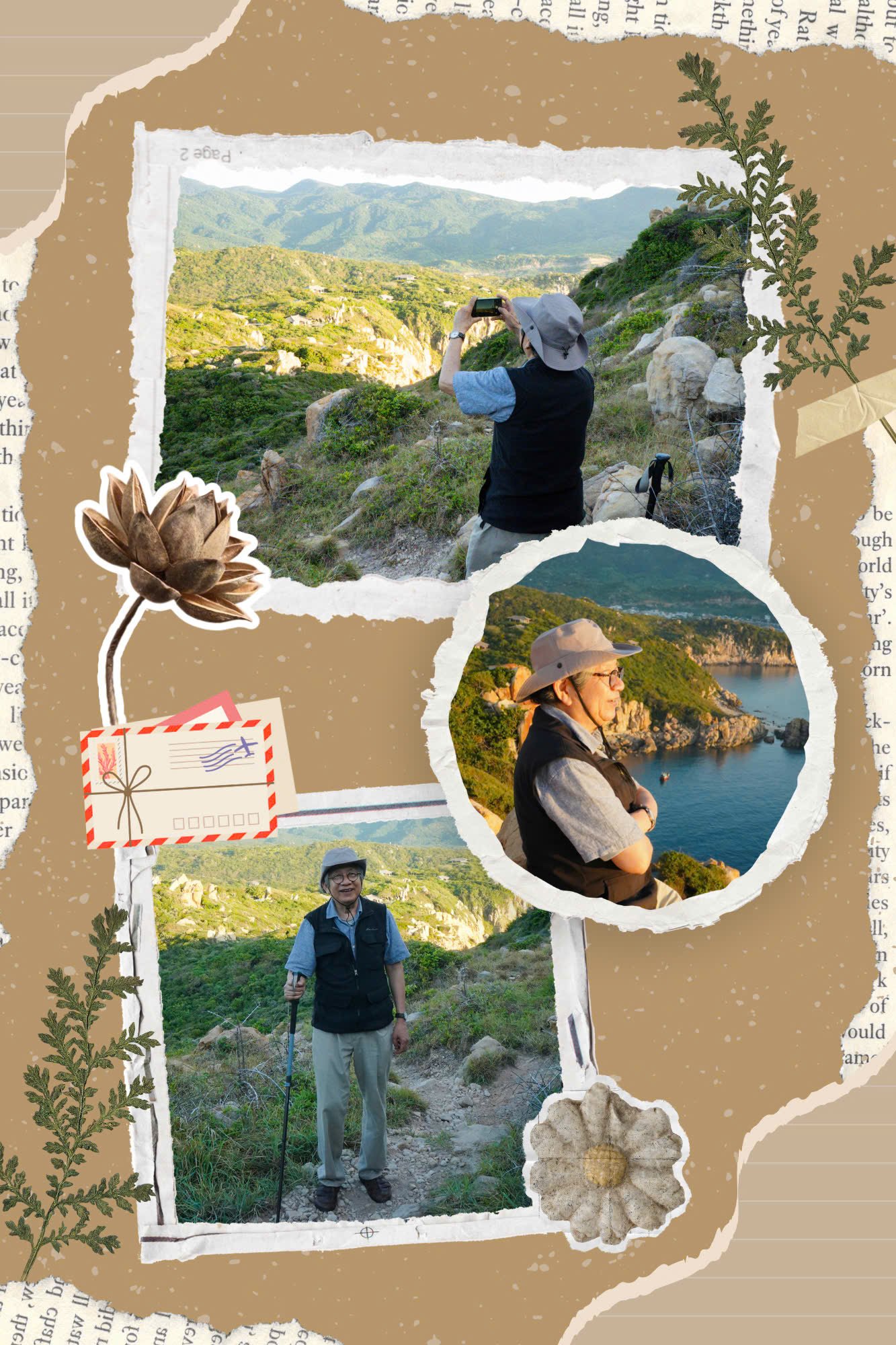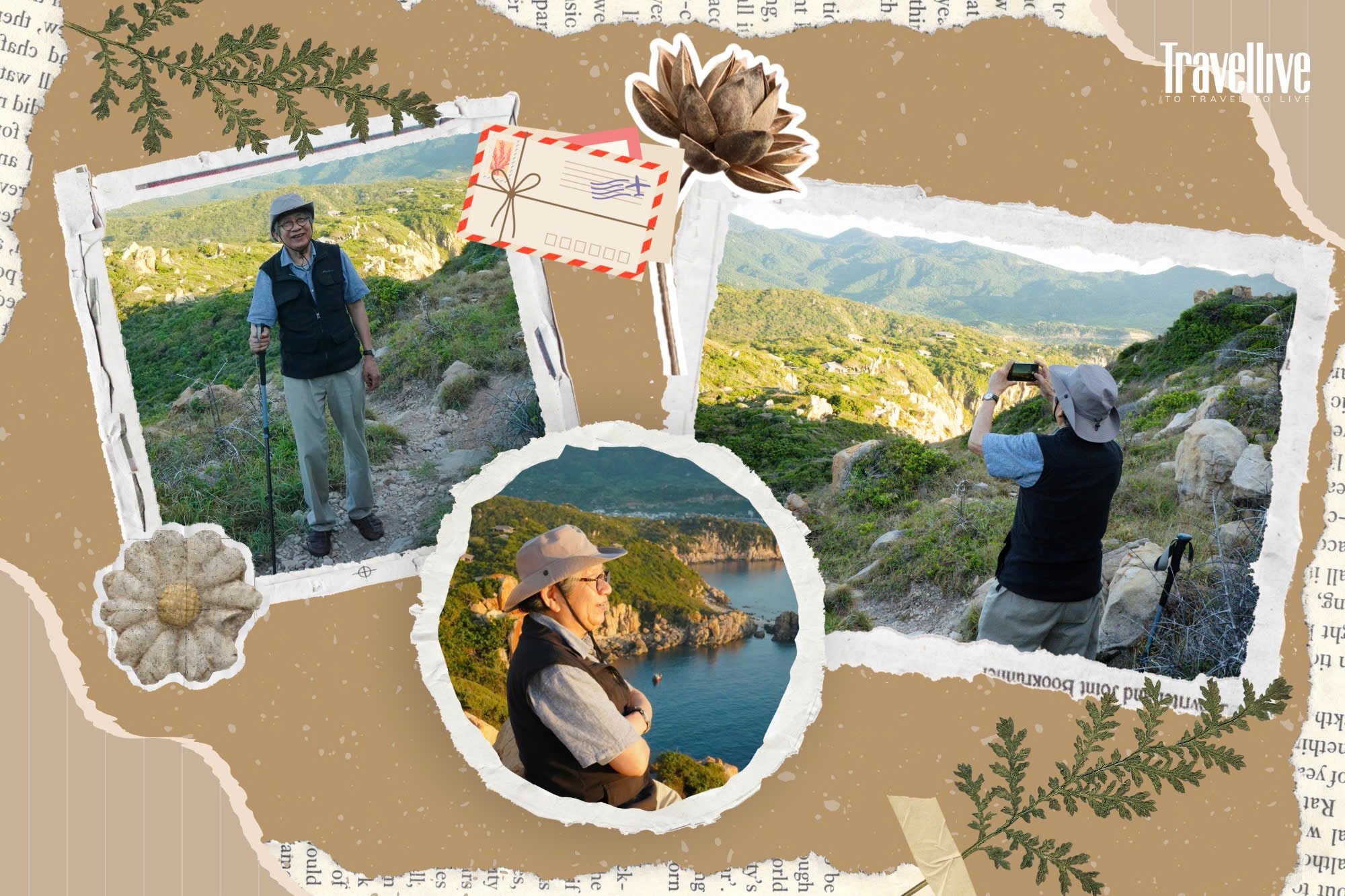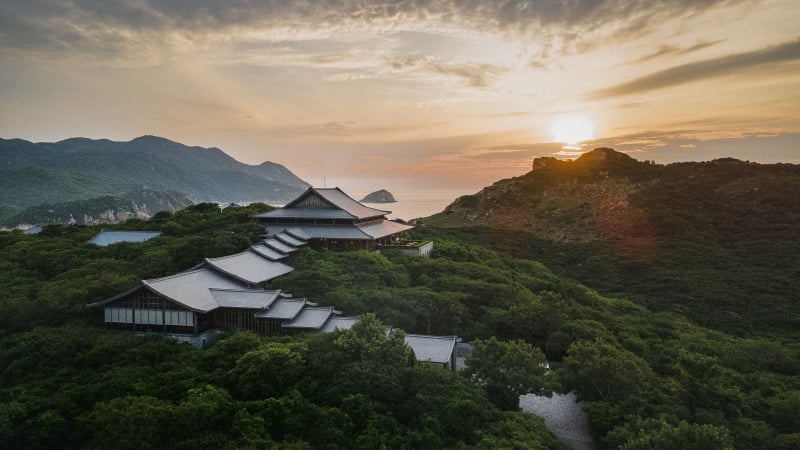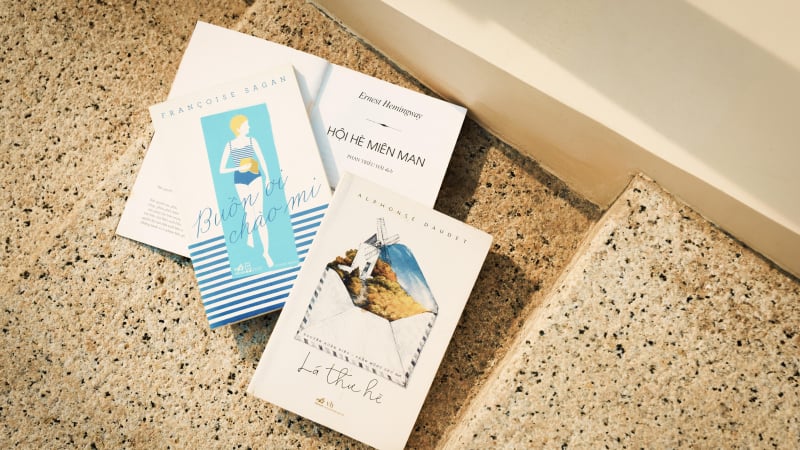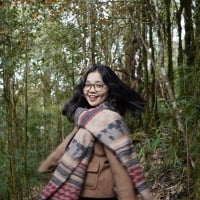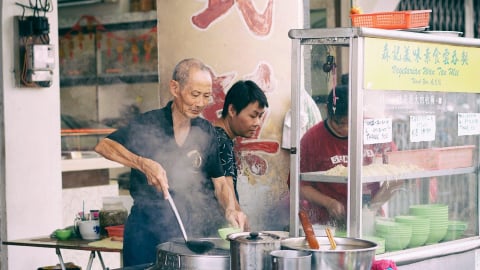There were times when I saw him sitting and reading or writing in the room next to the communal pool, his pensive gaze fixed on the tranquil green space. Other times, I would hear him speak softly, affectionately, and thoughtfully inquiring about each member of the group – young people the age of his children and grandchildren. His slow but steady gait on the journey to conquer the summit of Goga filled me with silent admiration.
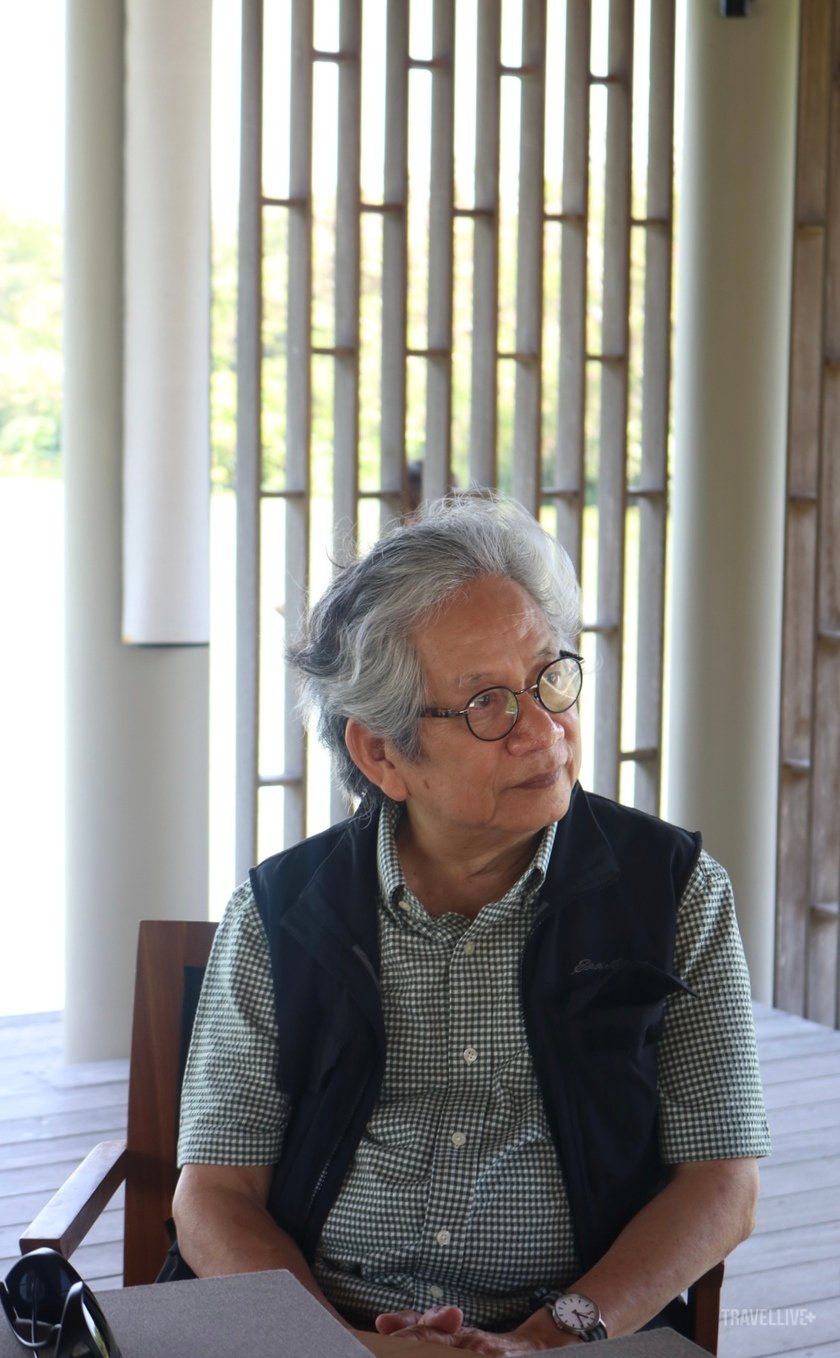
In you, there is something that is both as strong as stone and as soft as water.
His hair was white, and his smile was always gentle. But what moved me most was the distant look in his eyes whenever he mentioned his parents or his daughter. A man who had experienced so much joy and sorrow, who had lived a life full of experiences, yet still choked up when talking about his parents, still teared up when recounting the story of his beloved child. In him, there was something both as strong as stone and as soft as water – like a child remembering his parents and like the ocean when thinking of his daughter.
For you, what made you realize what is most important about time?
That comes from my own experience with my parents. Each person has one lifetime. And when that life is written into a book, it's like an "afterlife"—a way for a person to have a lasting presence with humanity. That's something very sacred.
My parents' generation was very different. When you're young, it's easy to spend time with friends, lovers, colleagues... relationships that are colorful and new. But parents... they're always there, as if it's a given. We easily forget their presence, or take it for granted. Only at some point, usually late, do we suddenly realize: their presence should never have been taken for granted.
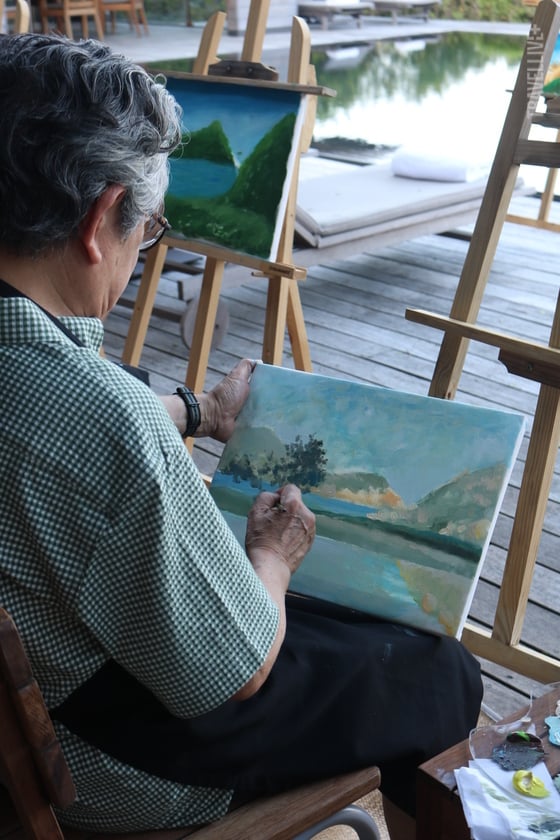
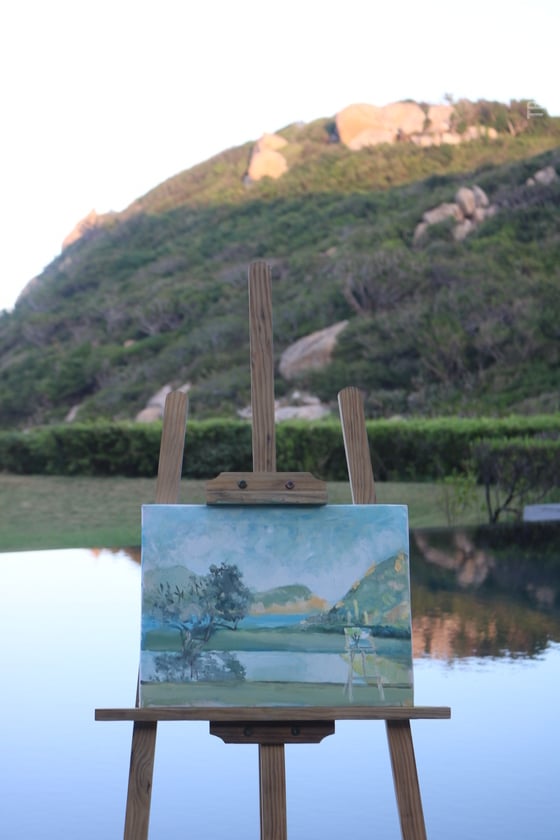
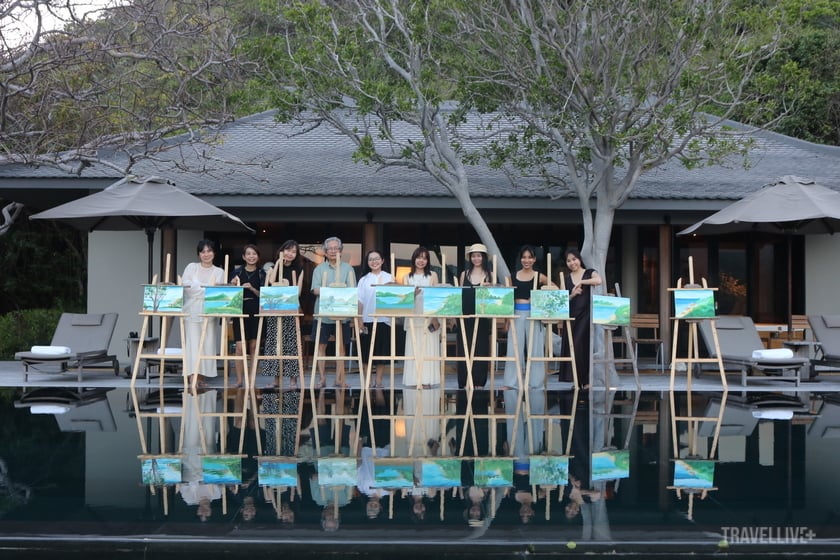
Join a painting workshop with artist Trinh Lu at Amanoi.
It seems that memory plays a very significant role in what you write and translate?
That's right! Every time I work on a book, especially when translating, so many memories come flooding back. Sometimes, just one sentence, one word, is enough to bring back something very personal.
If I hadn't sat down to write about my mother's life, I probably wouldn't be able to sit still like I am now. Working on books, especially translating those about art and specific people, always evokes very familiar and close feelings in me.
Once, while translating a book about Chinese painting, he suddenly remembered his father's advice from his childhood. Details that seemed to have been obscured by time suddenly reappeared, vividly and completely, as if they had never faded away.
Everything felt so familiar, like the marbles and chalk from the old days. So many seemingly complicated issues: faith, kindness, how to view life… it turned out that our parents had already taught us all of that. We just weren't quiet enough to realize it.
For young people today, understanding themselves is probably a difficult journey. What are your thoughts on that?
Many people mistakenly believe that understanding oneself means constantly thinking about oneself, struggling with desires, and grappling with unanswered questions. But in reality, understanding oneself is also a journey of returning – rediscovering one's roots, learning about one's parents, and one's origins. This is what helps one understand oneself better and strengthens the essence within oneself.
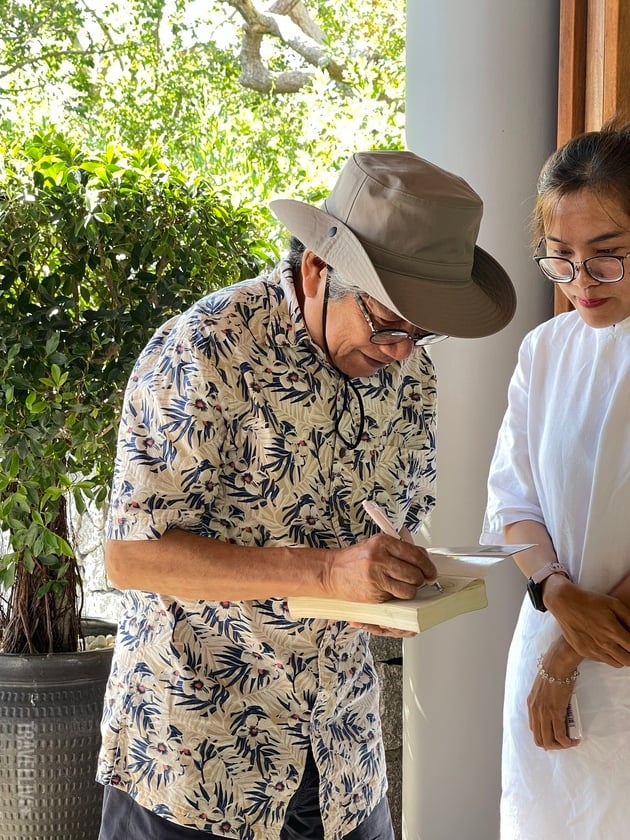
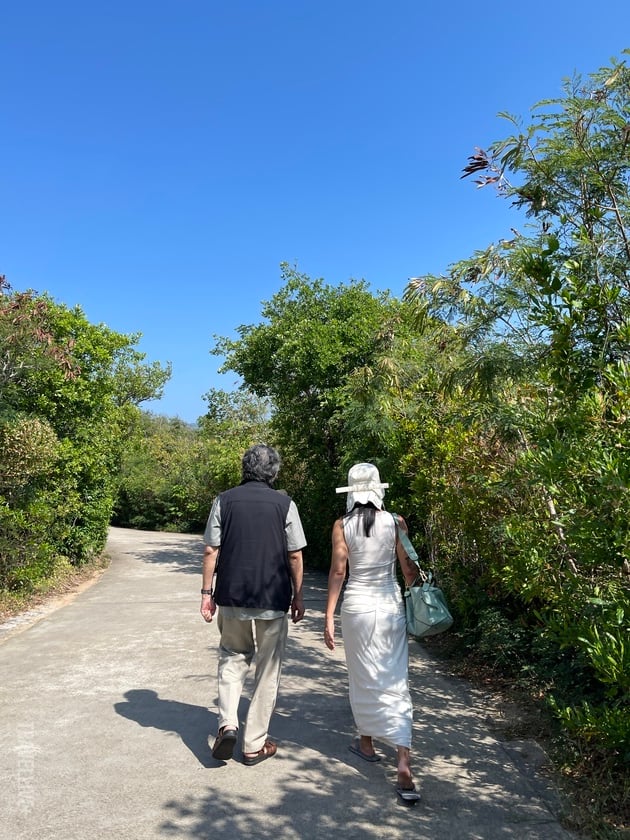
Hikes and conversations with young people amidst the natural beauty of Mount Chua.
You once said that translation is not just about transferring words, but about immersing yourself in the story. Could you elaborate on this?
In the past, I thought translation was just about transferring words, about changing words. Later, I understood that translators put their whole story, their whole selves, into it. Word choices sometimes come from the unconscious. I don't know why I write this way, but it reflects what's deepest within me – from my subconscious, my unconscious, and even my genetic history. Humans don't just start learning at birth; they are actually continuing and extending a pre-existing lineage. If I have children, they will continue this legacy. That's the biological nature – DNA carries all the characteristics passed down through generations. I was born inheriting a treasure trove!
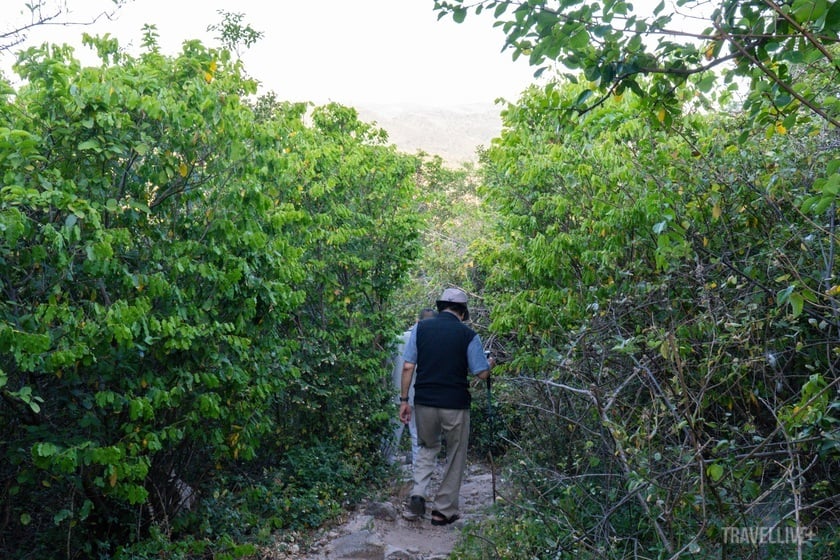
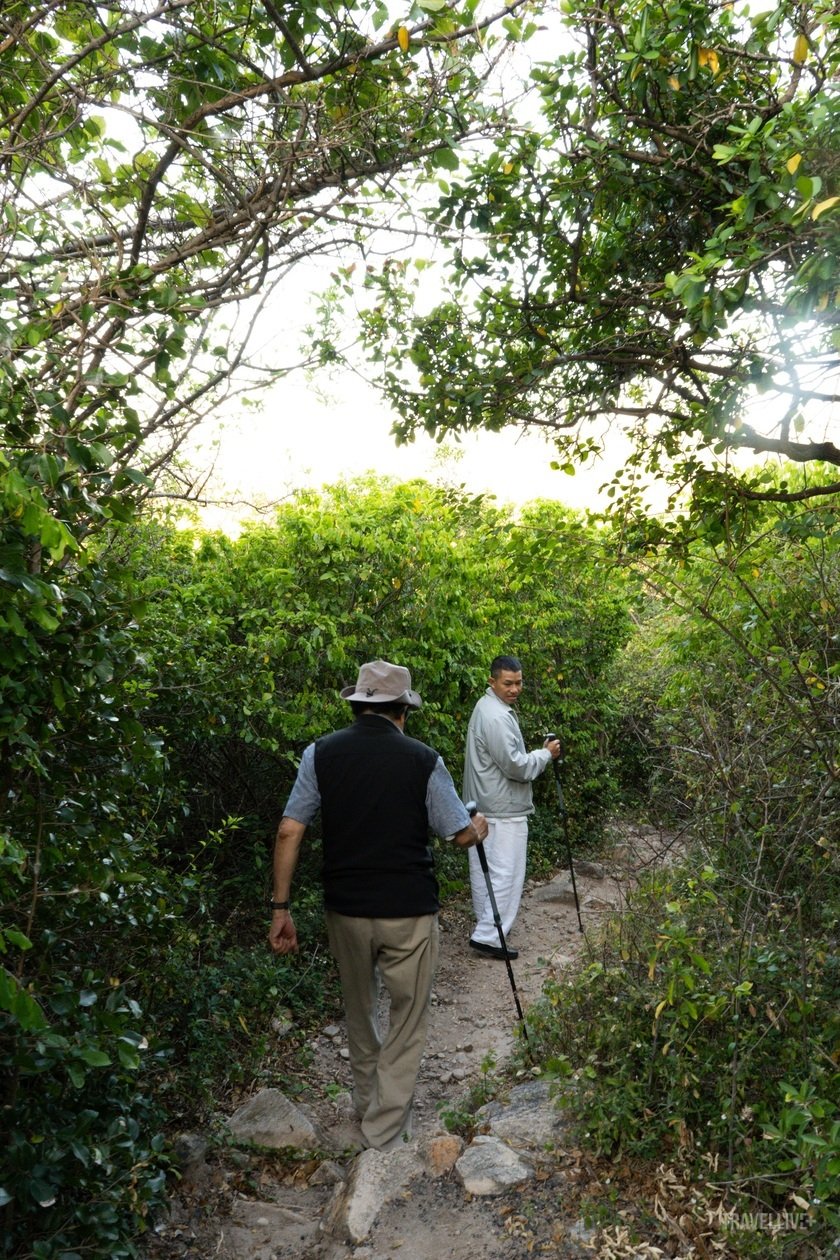
On the road to conquering Mount Goga
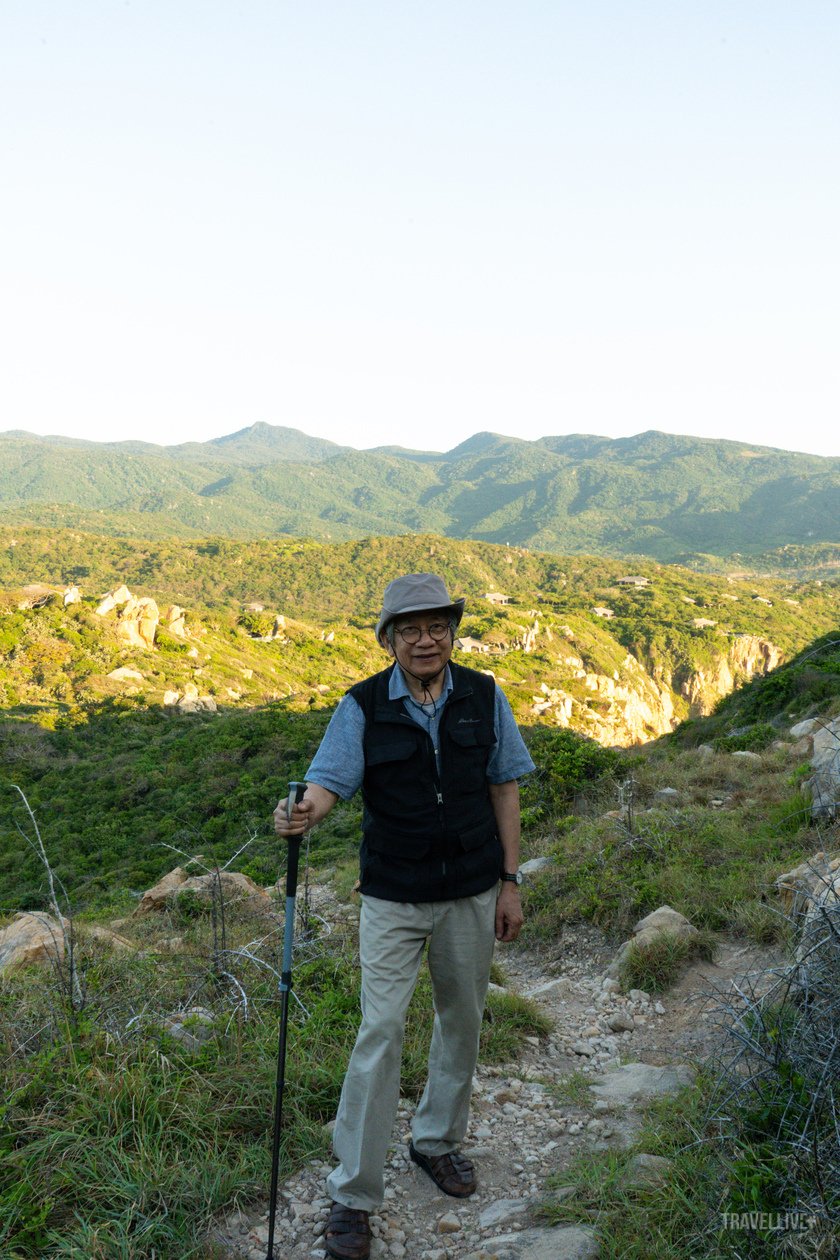
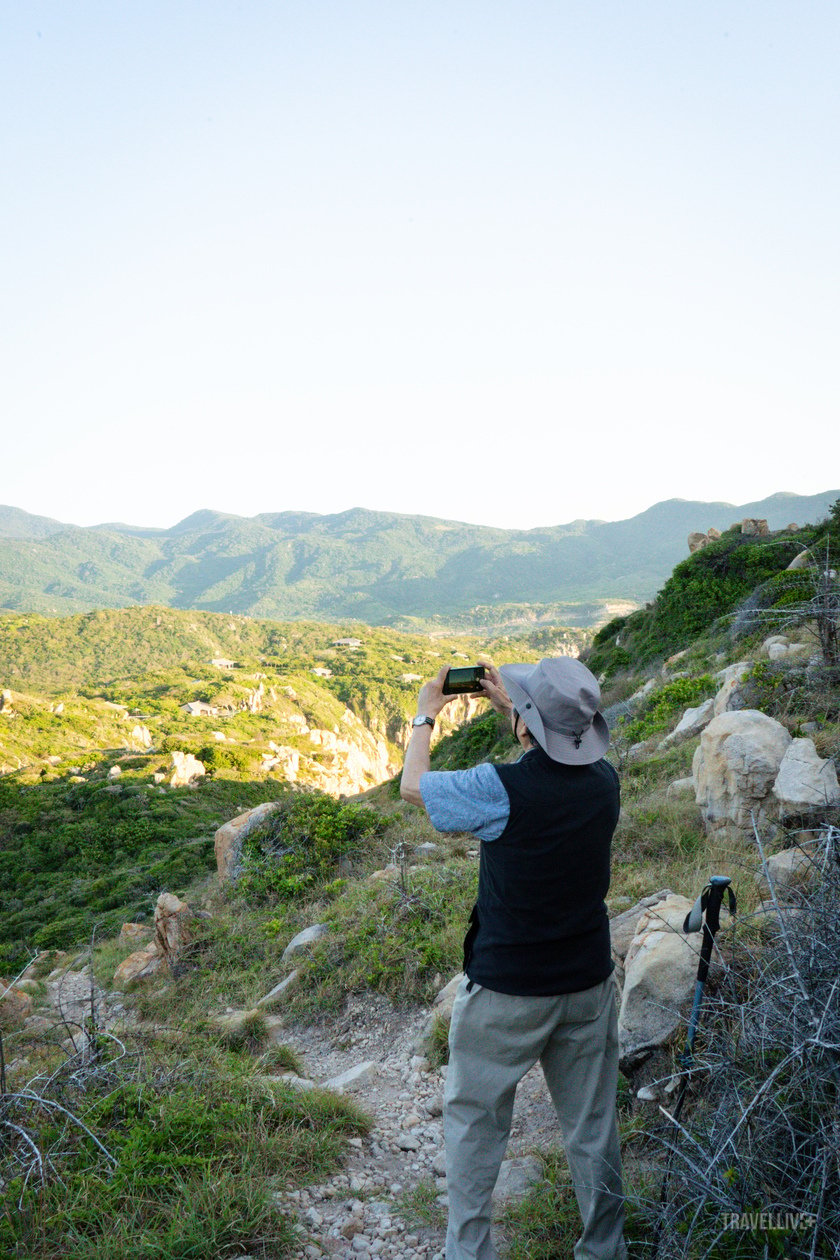
So if humanity is about continuity, is there a way for future generations to avoid repeating the trauma and disruption?
You have to understand. You have to go back and understand. Even if it's painful. I'm lucky that my family didn't have deep-seated conflicts. But I know many other families do. There are parents who abandon their children, people who don't acknowledge their children, and sometimes children even rebel because they don't feel understood. These seemingly illogical things are actually very close to the survival instincts of all species.
As you may have read about lions, when offspring are no longer essential for the survival of the species, they must be eliminated. These harsh laws, when applied to humans, partly explain the breakdowns and rifts in seemingly illogical family relationships.
Everything happens for a reason. And the important thing is to understand that underlying reason, so that we can be tolerant, empathetic, and reconnect with our loved ones, especially our parents.
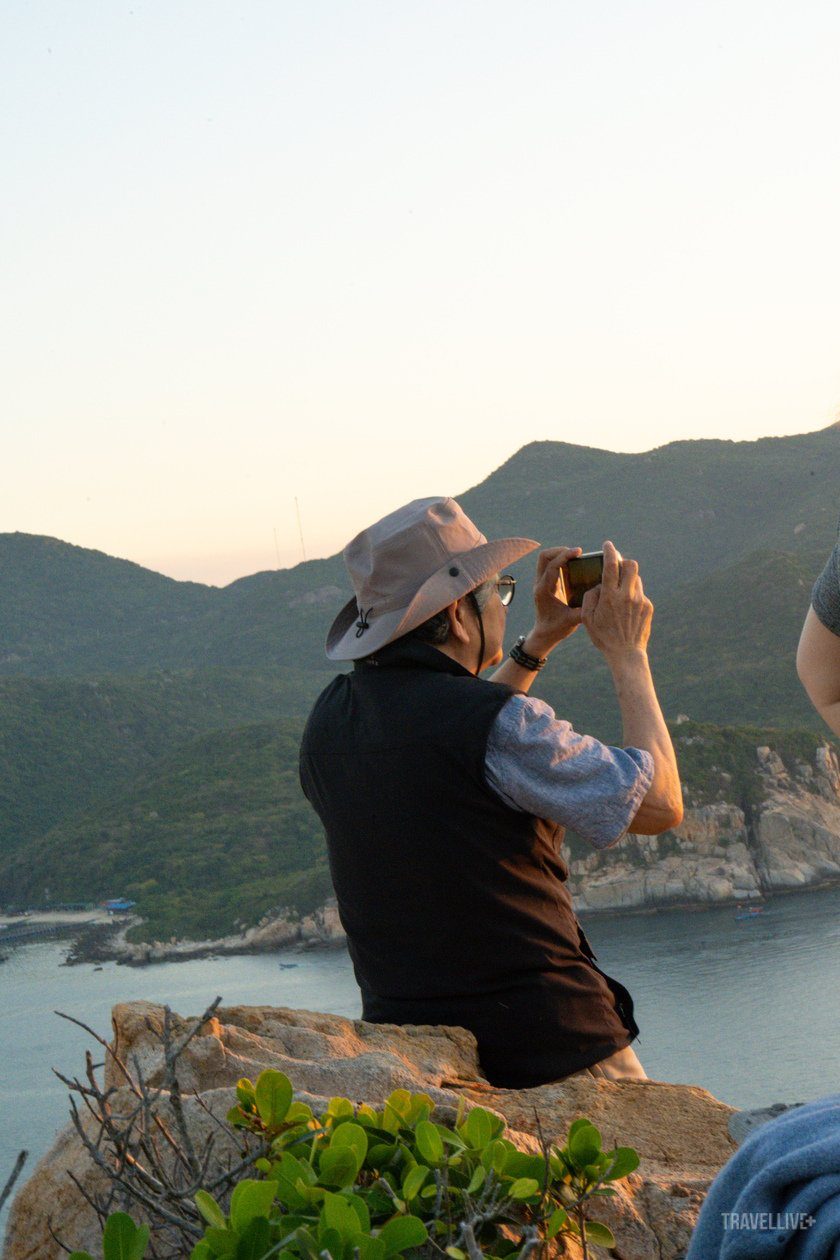
No matter the age, people become carefree when faced with the pristine beauty of nature.
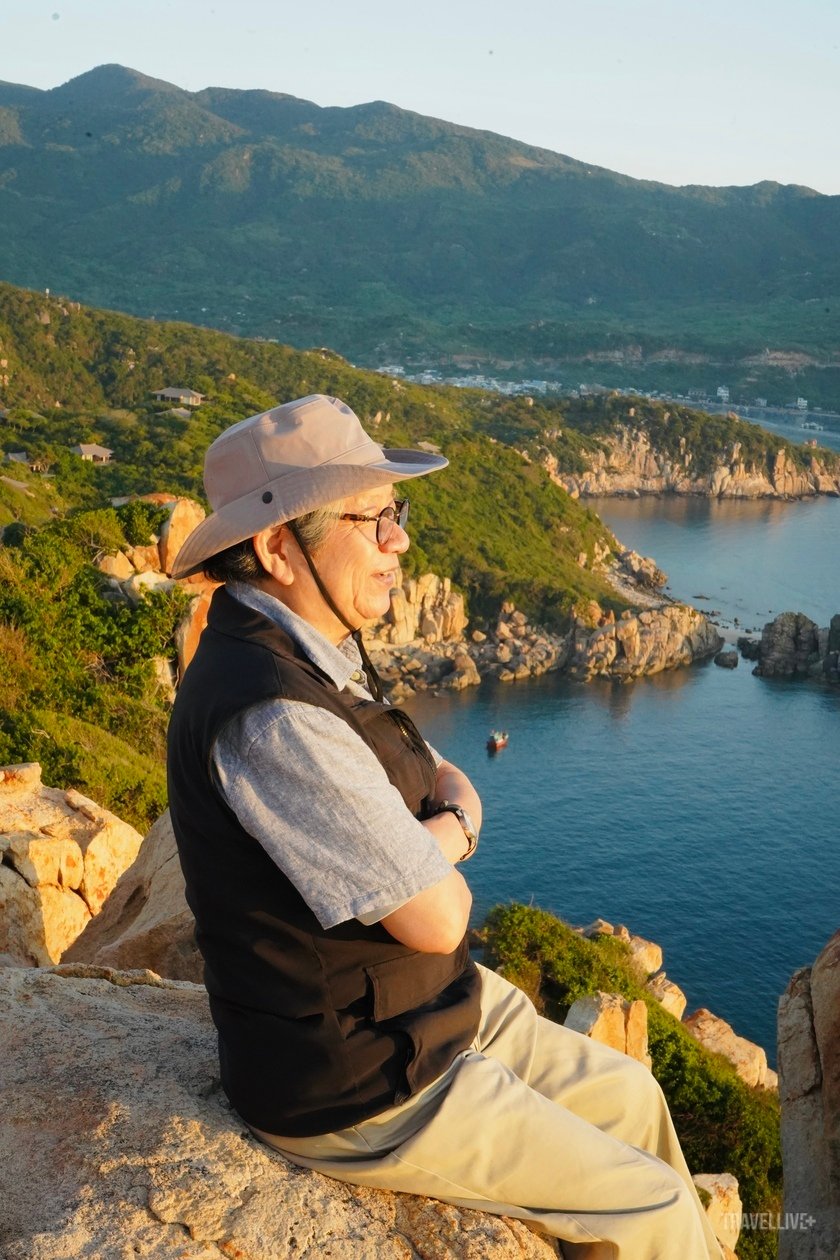
Uncle Trinh Lu on the summit of Goga
And after that understanding, what's the important thing?
It's about tolerance. It's about reconnecting. When we understand the deeper layers of each person, especially loved ones, forgiveness will come as a natural reflex. And we will learn to love unconditionally.
Thank you, Mr. Trinh Lu, for taking the time to chat with Travellive!

 VI
VI EN
EN



